Menu
Table of contents
To fool the algorithms of Facebook, Instagram, LinkedIn and other social media channels, social media Pods have been on the rise in recent years.
The goal? Trying to outsmart the algorithms so that posts and messages start getting more likes, views and reactions.
Now you're wondering, "What is a social media Pod?" and "Is this interesting to me?". Or maybe you have a number of other questions. Today I'll do my best to answer as many of those questions as possible.
What is a social media engagement Pod?
A social media engagement Pod is nothing more than a group of people who have expressed a commitment to each other to always like each other's posts on social media and comment below the post, for example.
Often these are like-minded people. So they are influencers, soccer fans or, for example, a group of entrepreneurs. This group of people agree to always like and comment when someone in the group posts something.
Communication is often through a WhatsApp group, a Facebook group or a Telegram group, for example.
But then, what is the point? To answer that question, let me first briefly explain how the algorithms of social media channels work.
This is how the algorithms of social media channels like Facebook, Instagram and LinkedIn work
To explain the algorithm of one of these big players, you actually need a whole book. And to be perfectly honest, I think very few people know how the algorithms really work.
But what we do know is that the algorithms work in roughly the following defined ways:
When you post a message on Facebook, LinkedIn or Instagram, not all your followers/connections get to see the message. Your message goes to a small test group first.
That consists of about 5 to 15% of your total number of followers/connections.
Based on how well (or poorly) your post does within that group, the social media channel determines whether to show it to the rest of your followers.
Did no one like your post and no one responded to it? If so, the reach of your post will be low and few people will see it.
On the one hand, it's pretty sad that the algorithm works this way. On the other hand, the algorithm does try to present us with the best content.
But that hasn't always been the case, because both Facebook and Instagram timelines were once chronological. I'm going to tell you more about that now :-).
![The Secret Behind Social Media Engagement Pods [LinkedIn, Instagram & Facebook] 1 Linkedin timeline pod popular](images/linkedin-tijdlijn-pod-populair.png)
From chronological to popularity
Many people don't know the term "social media Pod" at all, that's because many users of social media channels keep it quiet.
But over the past 10 years, the number of people using a social media Pod has increased a lot. Why is that?
Because Facebook changed its algorithm from chronological to popularity-based in 2009 and because Instagram implemented the same in 2016.
And as you well know by now, that popularity plays an important role in determining further reach.
The Facebook Pods were familiar to me back in 2015, but recently I've started to see more and more LinkedIn Pods emerging. I see a number of people with great reach promoting their WhatsApp groups with "hundreds" of members.
![The Secret Behind Social Media Engagement Pods [LinkedIn, Instagram & Facebook] 2 LinkedIn boost group pod](images/linkedin-boost-groep-pod.png)
How do you recognize when someone is using a social media Pod?
Recognizing a social media Pod is incredibly easy. You can recognize it by a number of signs:
- Posts with many likes and few comments
- It's always the same people who like and or comment (and they all do this together too)
- Nitty-gritty responses
- An incredibly large reach, without the person posting having many followers
Of course, I have to make a few nuances here. If someone has posted a LinkedIn post with only 500 followers and he has 300 likes, that does not immediately mean that that person is using a LinkedIn Pod.
But when that is the case with someone who always posts fairly flat content that is not really unique, you often know enough.
By the way, this applies not only to LinkedIn, but also to Facebook and Instagram, for example.
Pros and cons of using a social media Pod
The big advantage of using a social media engagement Pods is, of course, reach. Because you have more likes and comments, your post is shown more often in people's timelines.
That, then, is really the only advantage. However, there are a few drawbacks to that.
And how do I know these drawbacks? Because I participated in an Instagram Pod myself in 2017. These were the disadvantages I encountered:
- In certain Pods, you are required to respond
- For example, there are people who post something every day or twice a day, while you might only do it once a week. That means responding every day...
- You get responses from strange people or people who are irrelevant to your business.
- Social media channels are familiar with Pods and so there is a chance that you will be penalized for this or the likes will be less appreciated. They too see 200 people liking your LinkedIn message via WhatsApp at once.
- The rules within a Pod can be very strict. Should you fail to respond, you may be thrown out of the Pod.
- People post content that is bad, that you don't agree with or what you don't think makes sense and then you have to respond to it anyway.
- If you stop using the Pod, you've lost your reach and are left with a lot of followers and connections that you don't interact with and who won't become customers with you.
And I want to explain that last one. Because if you've been paying attention, you know how the algorithm of social media channels works.
And then you also know that with all those extra connections/followers from the social media Pods, you are even less likely to get your posts to the right people organically.
Because that 5 to 15% is now clouded with people who are irrelevant. And so that is also why buying according to makes absolutely no sense.
Conclusion: what do I think of the social media Pods?
I myself was a member of a social media Pod because I cared about the number of likes and the reach I had. That was then, now I know that in my situation I have no use for that.
If you are an influencer and your social media channels are your business, I would definitely recommend it. Because then reach is everything.
But are you an entrepreneur and want to position yourself properly online, for example? Then stay away from big social media Pods. After all, it's not about reach and likes, it's about customers and impact.
Should you enjoy the idea of a few (a few yes, so that's not 200) entrepreneurs helping each other to raise the reach a little, you certainly can't harm it.
But do this mostly with people you already know, who know your added value and who can strengthen your network.
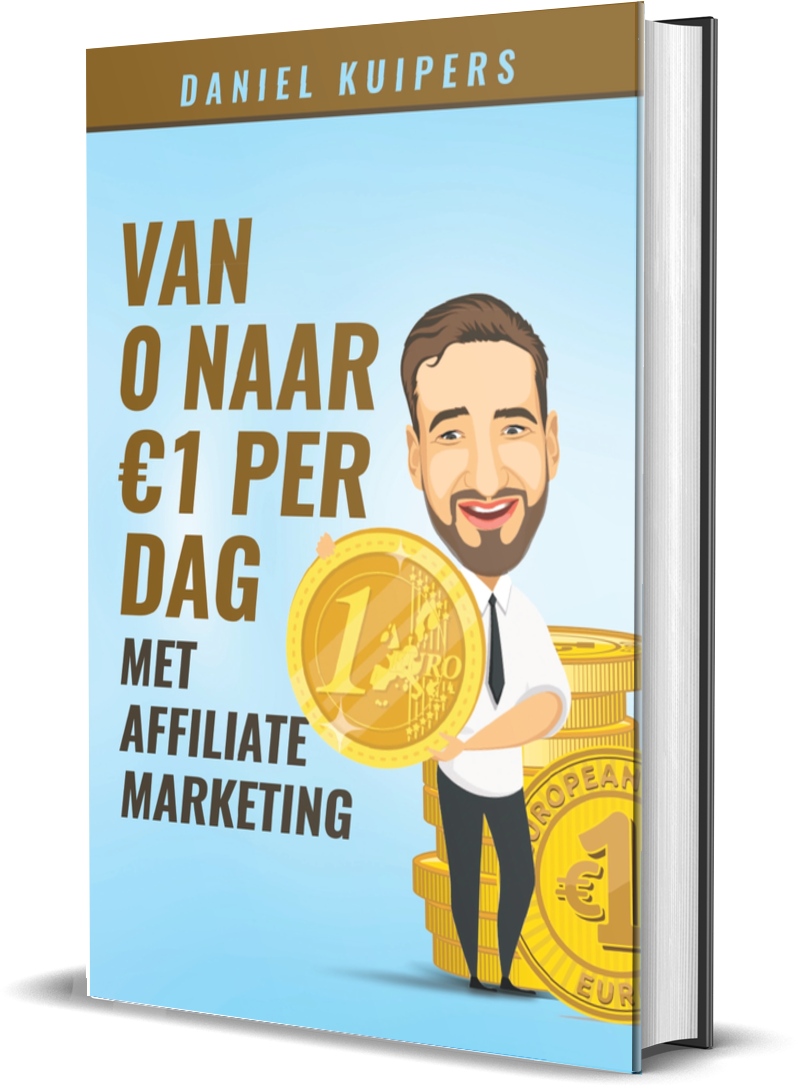
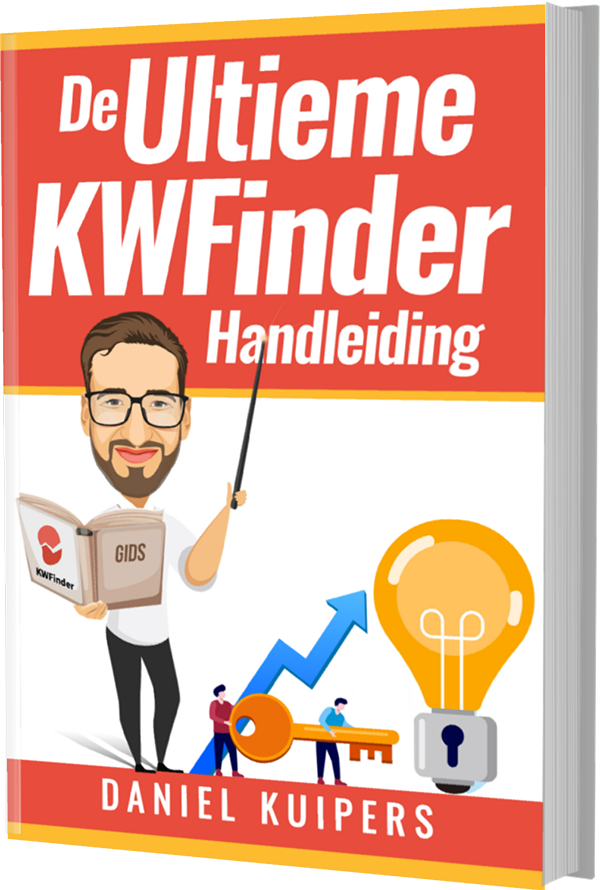
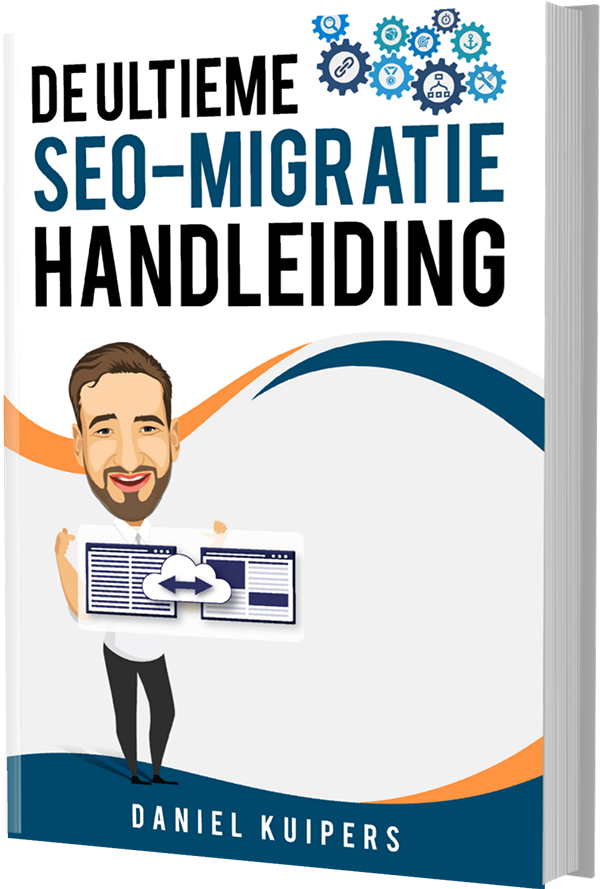
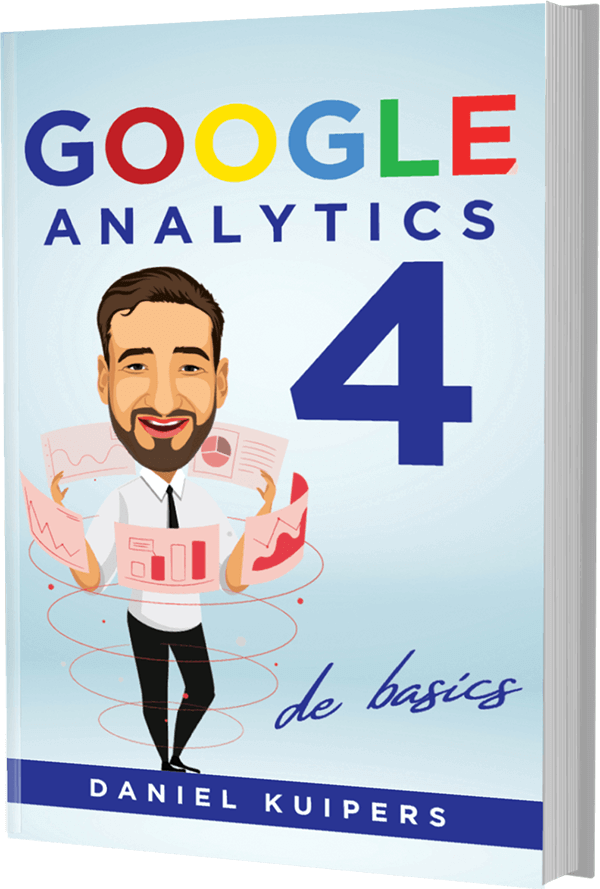
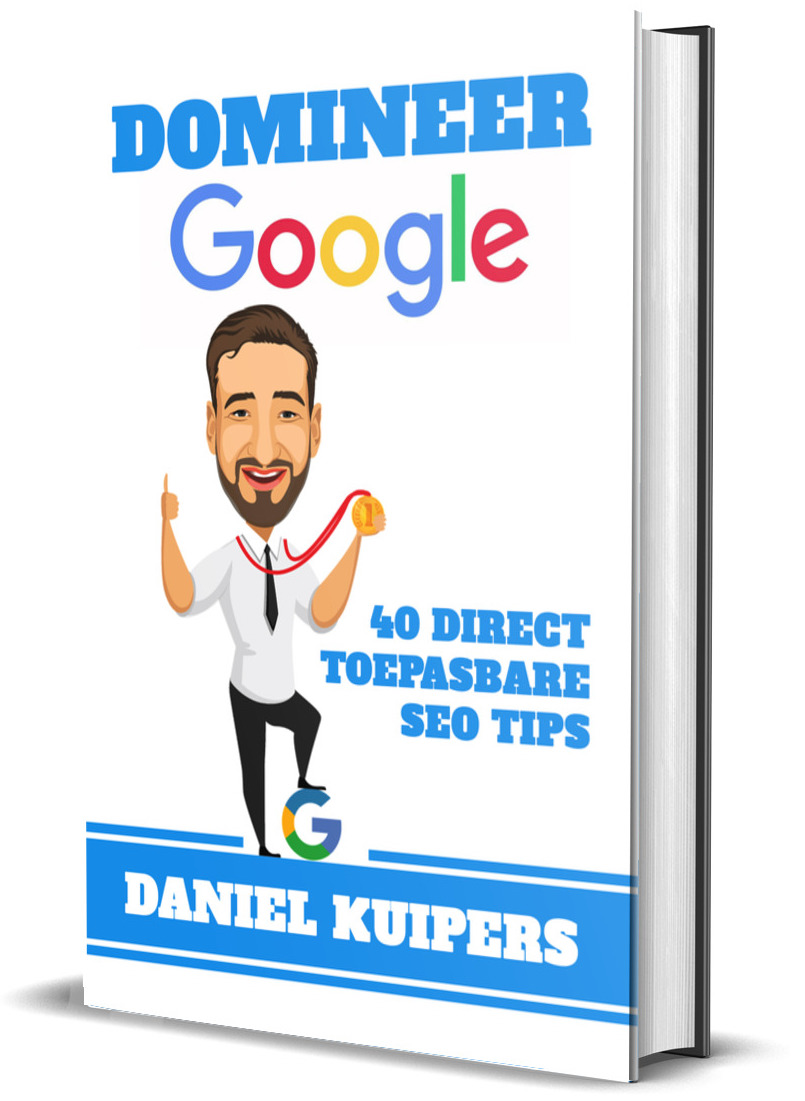
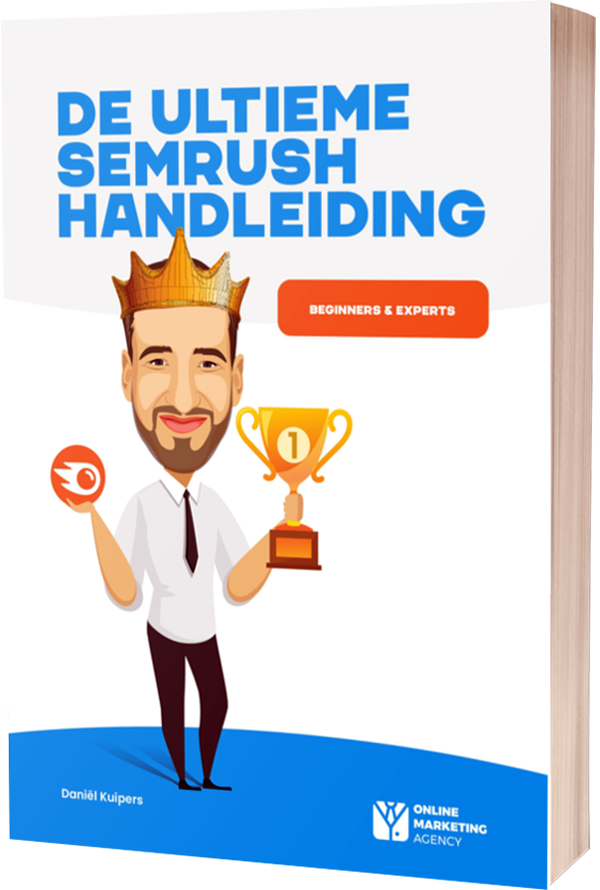

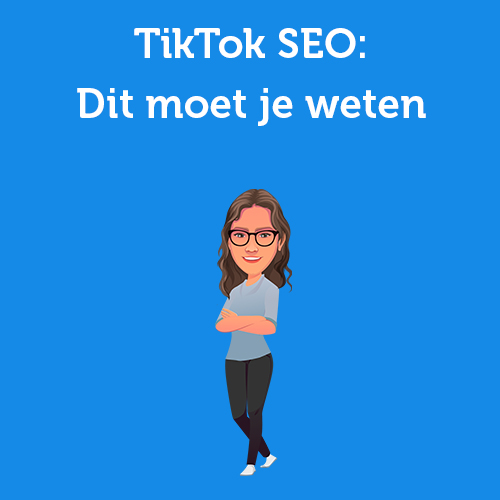
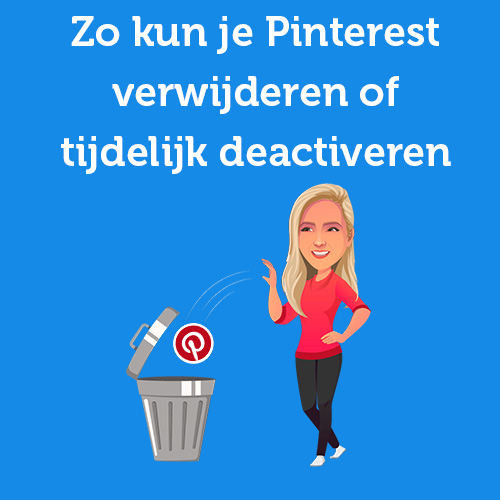
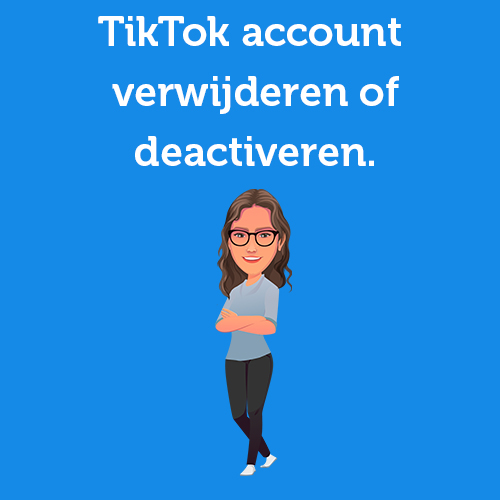
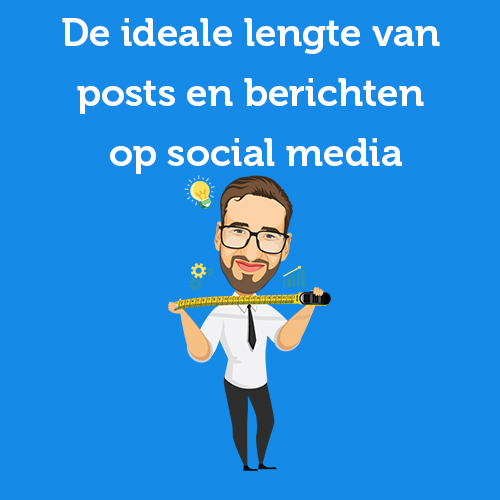
Written by: Daniel Kuipers
Daniel is the founder of Online Marketing Agency. He constantly scours the Internet for the latest gadgets and tactics and blogs about them in understandable language. Well, sometimes.